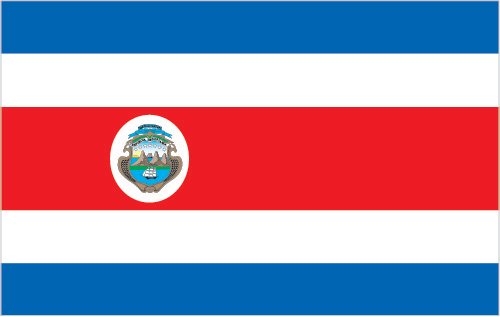Costa Rica completed its TNA in 2011. The TNA process contributed to creating valuable frameworks for the Costa Rican government to help eliminate barriers hindering the government’s strategic decisions regarding climate adaptation and mitigation.
Although Costa Rica’s economy is expanding, with strong technology and tourism sectors, it still maintains a large agriculture sector. More than 130,000 ha of agricultural land has been identified as being particularly vulnerable to the decreases in rainfall that are currently being experienced. The TNA has identified several technologies that will enable a more resilient agriculture sector to emerge through projects such as the collection of rainwater for use in irrigation systems.
One project idea developed in the Technology Action Plan aims to extend and reformulate sustainable agriculture projects in the agriculture and livestock sector to incorporate agroforestry and silvopastoral practices and create incentives for carbon neutrality and certification.
The National Electricity and Light Company and other electrical distributors have launched campaigns to inform and train both the industry and consumers how to use electricity efficiently for light, heat and cooling. The information and training alone is expected to reduce national electricity usage by 6%, thus saving approximately 330,700 tCO2.
The results of the TNA were used in the formulation of Costa Rica’s NDCs as references and to provide a model for the selection of prioritized sectors.
Costa Rica’s TNA contributes to the following Sustainable Development Goals:







